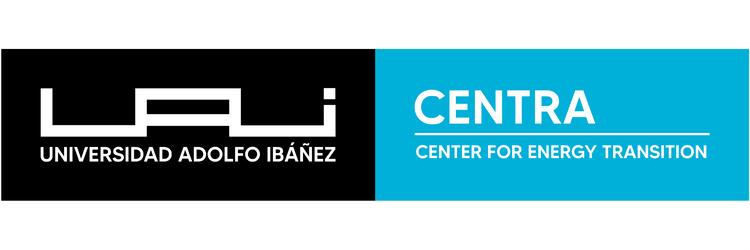Williams’ task 1 with lithium: accelerate the definition of strategic salt flats
August 18, 2023
Defining salt flats, ownership structure and recovering lost time are some of the challenges that the Secretary of State will have.
While Liontown Resources identifies Argentina, China and Zimbabwe as the countries with the most lithium projects by 2026, Chile seems to be left out. The
The responsibility, then, of the new Mining Minister, Aurora Williams, will be to speed up the definitions of the Government’s lithium plan to reverse it.
The most pressing task would be the definition of which will be the strategic salt flats and which will not, in order to speed up the concessions in the latter. “In non-strategic salt flats, the conditions must be created to accelerate investment and exploitation, for which the concessions of non-strategic salt flats must be accelerated, we are talking about special lithium operation contracts (CEOL),” he says. Raúl O’Ryan, professor of Engineering and of the UAI Energy Transition Center (CENTRA), recalling that the CEOL tender for private exploration is scheduled to start in the first semester of 2024.
But there are also other definitions of the plan that Williams should put wheels on and that have generated controversy in the academic and private world, such as the definition of state ownership or Enami’s participation in the business. “There are several pending definitions. For example, how will the scheme operate where the State maintains 50.1% of the property in the strategic salt flats. Nor have they been determined what they are,” agreed Juan Carlos Guajardo, director of Plusminning. If Chile does not speed up these definitions, he added, “the window of opportunity will close. I am not sure that the National Lithium Company
(ENL) is the best path, but if that path is decided, it should at least be implemented more quickly.”
Abroad, questions about the ownership structure remain. “You must clarify the position of the Government: do they intend to pay their part of the capital and the cost when they acquire a majority stake? Otherwise, future lithium development is likely to be dominated by Chinese companies that may be the only ones willing to pay 100% equity for 49% ownership,” says Joe Lowry, CEO of Global Lithium.
Exclude Codelco and Enami
Luciano Cruz, lawyer and partner in the Corporate area of the Arteaga Gorziglia studio, agreed on the urgency of “accelerating and recovering the time lost in the race”. Therefore, he estimated that Williams should decide if it makes sense for the complicated Codelco or Enami to continue to be involved. in this business, “since they have difficulties to fulfill their own missions,” so it would be better to leave them out, he said.
Williams led the National Lithium Commission under the second government of Michelle Bachelet, whose conclusions show the emphasis that the minister could place on her mandate (see box). “Minister Williams will face the challenge of prudently managing the need for agile and effective regulatory action to promote sustainable investment projects, while fostering a pragmatic outlook that encourages the generation of public-private partnerships and promotes clear rules,” said Paulina Riquelme, partner at Eelaw and adviser to the CPC and Sonami.
To this end, it estimates that it must assume a role of articulation and leadership within the State, “that allows for coordinated action with the different ministries and sectoral agencies, including the Ministry of the Environment, with the aim of establishing a regulatory framework that makes it possible the development of the portfolio of investment projects related to lithium and its productive chain”.
Quinzio, member of the Com. Lithium: “There is no doubt that it will speed up the plan”
Williams headed the National Lithium Commission at Bachelet II. From her experience there, she could foresee where the current government’s lithium policy will lead. Lawyer and professor of Mining Law at the University of Chile Cristián Quinzio participated in that group and recalls: “I was in favor of public-private alliances as the main development strategy in the lithium industry, in favor of the short-term recommendations of the commission, such as the review of the contracts with SQM.
She was also in favor of maintaining the strategic nature of lithium and that it continues to be non-concessible and reserved for the State ”.
-What characteristics would you highlight from Williams to tackle the lithium challenge?
Her knowledge of the industry and her experience in the private world is a very virtuous combination. She should give a boost to the missing definitions.
-Like what definitions?
Like which salt flats will be defined as strategic and which ones will not.
-Could she speed up this topic?
I have no doubt.

